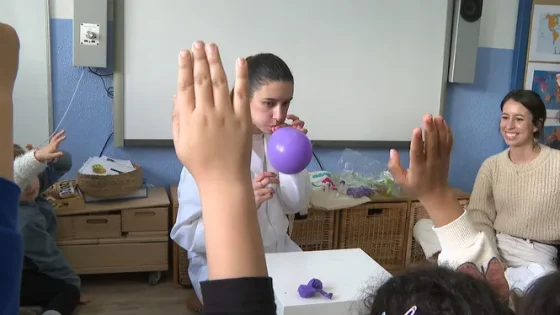As spring approaches, many are wondering when we will shift to summer time. The clock will spring forward one hour on March 30, 2025, marking the start of longer days and shorter nights. Are you ready to adjust your schedule?
- Daylight saving time starts on March 30.
- Clocks move forward one hour.
- Longer evenings but less sleep that day.
- Historical context: initiated in 1916.
- Health impacts include sleep disturbances.
- EU debates future of time changes.
When Does Summer Time Start in Spain and Why It Matters?
Mark your calendars! Spain will transition to summer time on March 30, 2025. Have you ever wondered why we change the clocks? This practice aims to maximize daylight during the longer days of summer.
Understanding the Benefits and Drawbacks of Summer Time Changes
Transitioning to summer time brings both advantages and challenges. Here’s what you need to know:
- Longer daylight hours can boost evening activities.
- It may lead to energy savings, though this is debated.
- Some studies suggest health impacts, including sleep disturbances.
- Adjusting to the change can be difficult for many people.
Health Implications of Changing to Summer Time
Shifting the clock forward can disrupt our internal body clocks. Research indicates this can lead to sleep issues, increased stress levels, and even cardiovascular problems. Are you prepared to handle the potential impacts on your health?
Historical Context of Daylight Saving Time
Daylight Saving Time was first proposed in the late 19th century to make better use of daylight. Initially adopted during World War I, it aimed to save energy. Today, many countries, including the U.S. and Spain, continue this tradition, but the debate over its necessity rages on.
Future of Time Changes: What’s Next?
There’s ongoing discussion in Europe and the U.S. about whether to abolish the time change altogether. While Spain’s current schedule remains in place until at least October 2026, the future could bring significant changes. Will we see a permanent summer time?
































